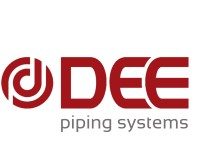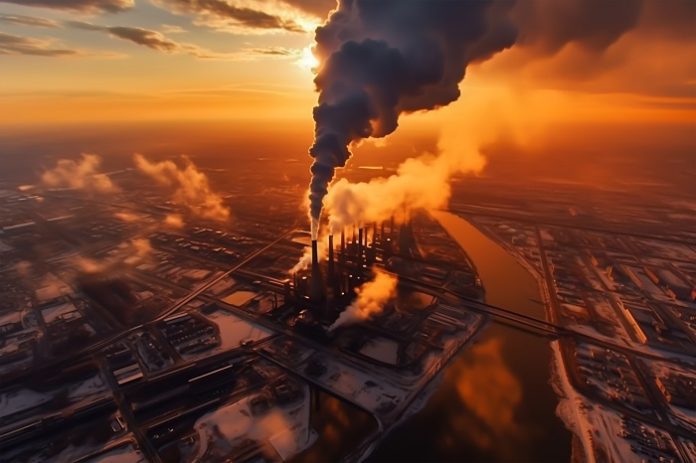JSW Steel, carbon capture solutions provider Carbon Clean, and global resources company, BHP, are collaborating to accelerate deployment of carbon capture technology for steelmaking decarbonisation, following the signing of a joint study agreement between the parties.
Under the agreement, the parties will commence joint studies to explore the feasibility of Carbon Clean’s CycloneCC modular technology to capture up to 1,00,000 tons per year of CO2 emissions – the largest scale CycloneCC deployment to date in steelmaking.
Indian steel producers are collectively the world’s second largest, with production potentially doubling by 2030 against 2023 figures, and will likely have a critical role in achieving India’s target of net zero by 2070.
With the increasing commissioning of blast furnaces in India with decades of life ahead of them, supporting longer term near zero decarbonisation routes is essential. Carbon capture, utilisation, and storage (CCUS) technology is anticipated to be a critical abatement to support a near zero CO2 emissions intensity for this process route, as well as potentially for other hard-to-abate industrial sectors.
There are several challenges with the adoption of carbon capture technology in the steel industry, including capital expenditure and ongoing operating costs, as well as the integration of new equipment into an existing operations site with space limitations.
The CycloneCC rotating packed bed (RPB) technology in combination with Carbon Clean’s proprietary APBS-CDRMax solvent aims to address these challenges through reducing total installed cost and the unit footprint by up to 50 percent, and equipment that is ten times smaller in size than conventional carbon capture technologies.
The project is an important step towards supporting the scale-up of carbon capture, including understanding the potential performance, costs, and carbon abatement outcomes.
As per the press release, it is anticipated that these joint studies will be completed during 2026, at which time the parties will consider installing CycloneCC at JSW Steel’s Vijayanagar site in India’s southern state of Karnataka. Utilisation – the ‘U’ in CCUS – is a key component of the project. If the project is successful, JSW Steel intends to liquefy captured CO2 so that it can be sold locally.
BHP’s Chief Commercial Officer, Rag Udd said, “We are actively studying multiple pathways for steel decarbonisation, including through use of hydrogen and renewable power, but we recognise that the blast furnace route will likely remain a pathway for the production of steel, particularly within India. Supporting the development of key abatement technologies such as CCUS is therefore critical. Partnerships and collaboration to accelerate the development and deployment of these technologies is essential, and we are pleased to be working with JSW Steel and Carbon Clean in tackling the challenge of decarbonising steelmaking”.
Jayant Acharya, Joint Managing Director and CEO JSW Steel commented, “We remain committed to transforming our sustainability vision into reality and have already achieved a reduction of carbon emissions intensity by 30% against our 2005 baseline. At JSW Steel, we aim to further reduce our steelmaking intensity to 1.95 tonnes of CO2 per tonne of steel by 2030 and achieving net neutral carbon emissions by 2050. This commitment to decarbonisation has already been recognised by credible industry bodies, including the coveted award of ‘‘World Steel Sustainability Champion” for the past six consecutive years and recognition at COP28 of our “SEED” decarbonisation initiative as a “Changemaker”. We believe CCUS could be a financially viable decarbonisation lever which would be crucial to achieve near zero emissions in the steel sector and this collaboration for a scale-up application would help pave the way forward”.
Aniruddha Sharma, Chair and CEO, Carbon Clean added, “The potential impact of carbon capture in decarbonising the steel industry will be huge. First-of-a-kind projects are key to advancing technical innovation, providing valuable learnings that will benefit the entire steelmaking sector, as well as other hard-to-abate industries. Decarbonisation pioneers and early adopters of our modular CycloneCC solution will play a vital role in accelerating progress, with the aim for this technology to be fully commercialised and rolled out at scale.”
































